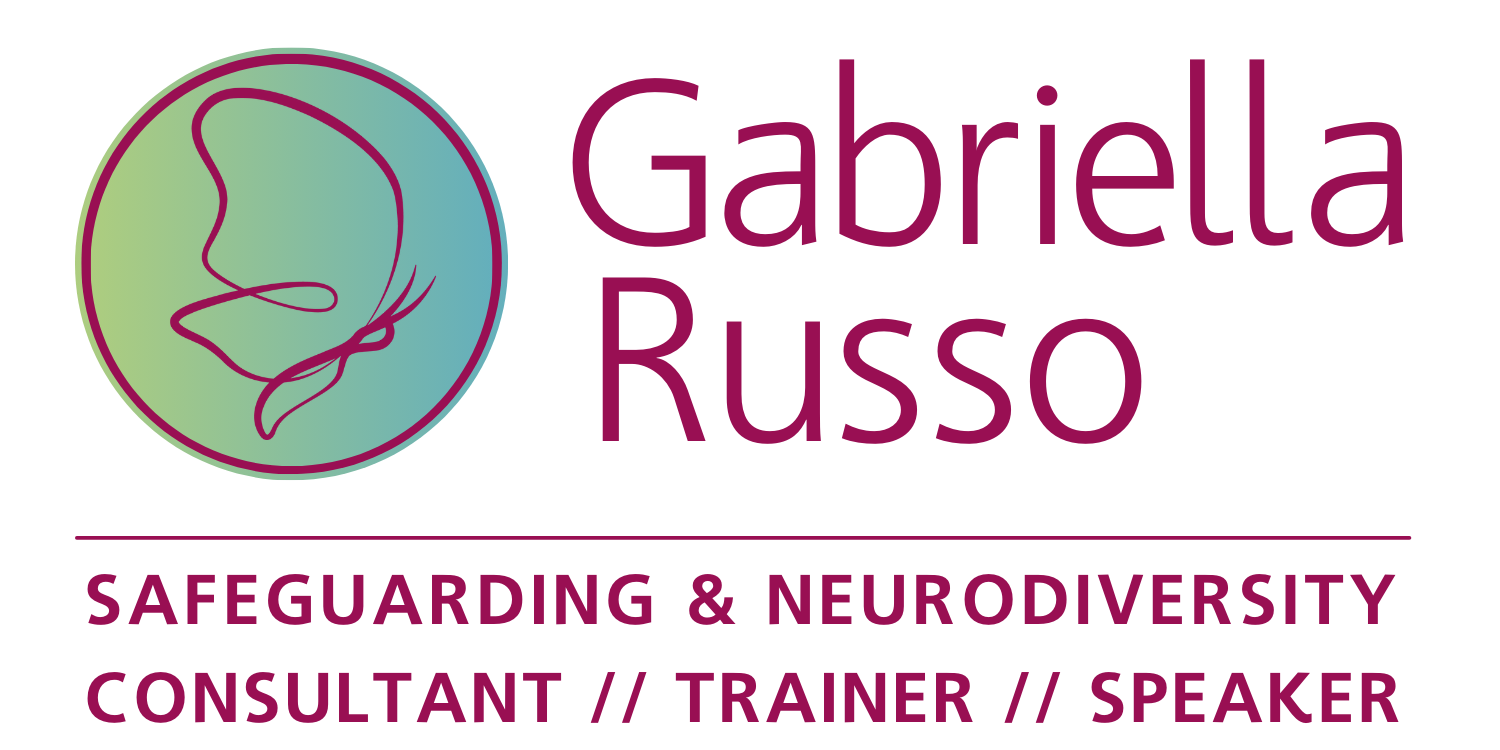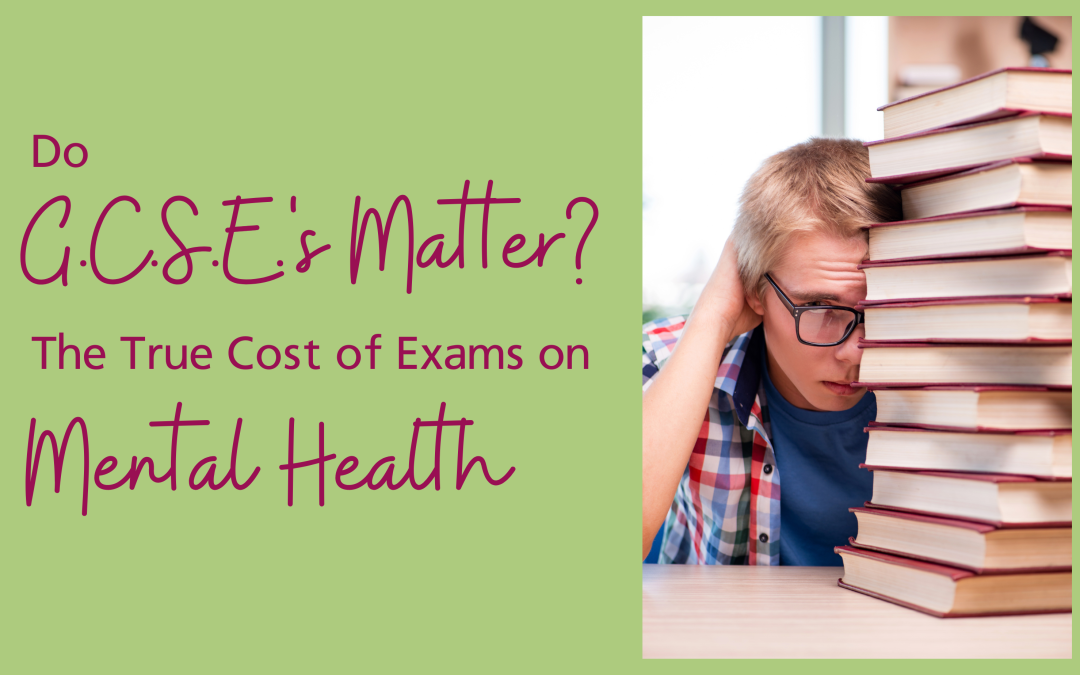GCSE’s
A child’s whole education is geared toward them. Grades that depict a child’s success as they moved beyond year 11 and into the world of further education & employment.
But there is growing awareness in the education system that although grades are used as a measure of ability and aptitude, they are not necessarily a true reflection of intelligence.
Really, they are a test of memory – how much can a brain retain through practice and repetition?
But the wheels of change move slowly in education. The system that we used in the UK is still based on a system that was designed in the Victorian era. Although it is hailed throughout the world as one that sets standards in education, more work needs to be shone on how exam stress can adversely affect a child’s mental well-being.
As exam season approaches, it’s crucial to recognise that children’s mental well-being is just as important, if not more so, as their academic success. Lower grades and poor exam performance should not be used to make a child feel that they lack talent. In fact, the term ‘poor exam performance’ isn’t one I like. Whilst ‘lower grades’ is a factual statement, ‘exam performance’ is totally subjective – one child may be doing an amazing job by even turning up and not having a panic attack, while another may have a bad day and “only” get an 8 instead of a 9!
The stress of exams, such as GCSEs, can be overwhelming, making it vital to provide support for children in managing their stress and anxiety levels.
The shift from year 10 to year 11 presents numerous challenges for students, including increased exam pressure, coursework deadlines, and college applications. This can lead to feelings of being overwhelmed, particularly when students believe their entire future hinges on their grades.
It’s reported that around 15% of students are ‘test anxious’ – a term that is gaining increased awareness within the education system where well-being and exam performance are negatively affected.
Teachers are also graded by results on league tables. Lower student grades can affect their financial status. This pressure slides downhill so that teachers are made to push their students into striving for the best grades.
Children use such terms as ‘failure’, ‘hopeless’, and ‘nowhere to go’ when asked how they picture their life being if they don’t achieve the exam results they want.
This overall stress from multiple facets of life – parents, peers, teachers, society – can mean that a child believes that grades are the ultimate path to having a successful adult life.
Which simply isn’t true.
It’s important to remember that grades aren’t the sole indicator of success. While academic achievement matters, it isn’t the only factor in determining future accomplishments. Many successful individuals have faced academic struggles, and there are various alternative paths to success, such as vocational training or entrepreneurship.
To support your child’s mental health during GCSEs, consider these helpful tips:
Promote regular breaks: Prevent burnout by encouraging your child to take short breaks every hour to stretch, enjoy some fresh air, or grab a snack.
Foster a healthy work-life balance: Encourage your child to participate in activities they enjoy, like sports or hobbies, to help them relax and find a balance between work and leisure time.
Offer support and understanding: Recall your own experiences with exams and strive to provide the empathy you would have wanted during those challenging times. Encourage your child to discuss their concerns and worries, and offer assistance and support whenever possible.
Emphasise self-care: Assist your child in prioritising self-care, including getting sufficient sleep, maintaining a balanced diet, and practising mindfulness or meditation. These activities can help them manage stress and anxiety, ultimately improving their overall well-being. You can even find some ideas if you search my Self Care Saturday posts on my Instagram account and Facebook page!
Revision: Many children report not knowing what teachers mean when they tell them – ‘Go home & revise everything’. They fear that they’re revising the wrong thing & that they won’t be able to recall it. And they worry that they’re not revising in the proper manner. There are several different techniques that can be used to help you remember certain things when revising. You can find different techniques HERE
If you’re worried about your child’s mental health or need help supporting them during this demanding period, consider consulting a professional. A therapist or counsellor can offer invaluable support and guidance to help your child navigate stress and anxiety, enhancing their mental well-being.
Keep in mind that children’s mental health is just as important – in fact I would say more so – as their academic performance. By nurturing your child’s mental well-being during their GCSEs, you can help them manage stress and anxiety, improving their likelihood of success both academically and in life.
You can find more information about this subject HERE

